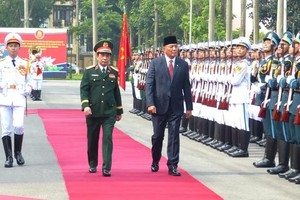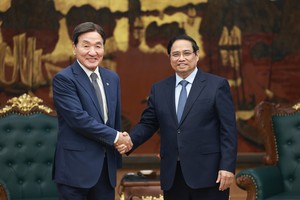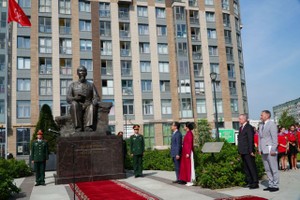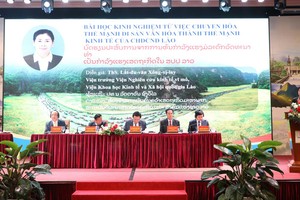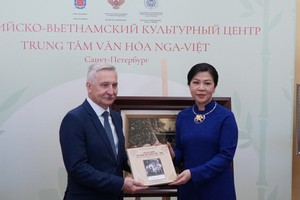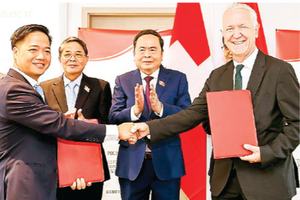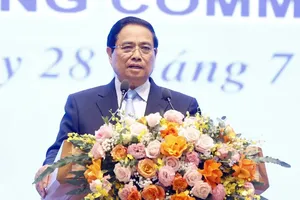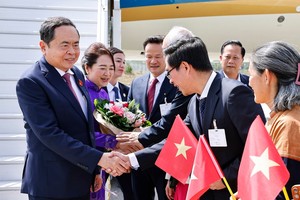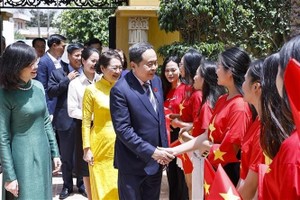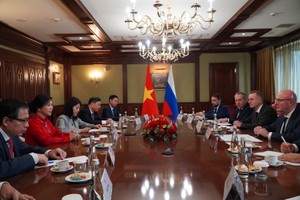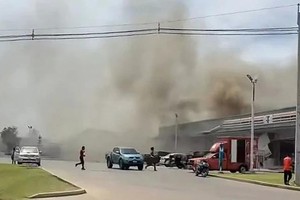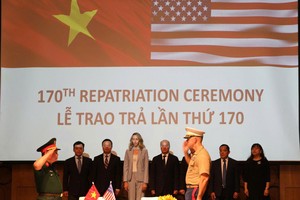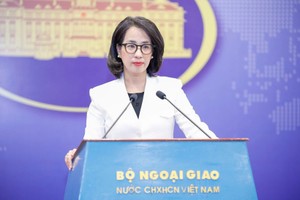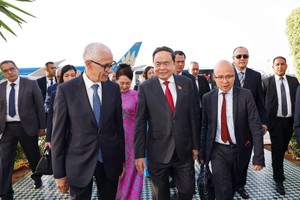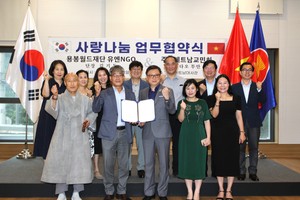SAN FRANCISCO (AFP) – An appeals court let the US government temporarily reinstate a ban on gays serving openly in the military, frustrating the hopes of homosexuals left in limbo by a judicial tug-of-war.
But campaigners for the rights of gays and lesbians said they were confident the 17-year-old ban -- enshrined in the controversial "Don't Ask, Don't Tell" policy -- will soon be over for good.
In the latest judicial twist, a three-judge appeal court panel in San Francisco suspended an injunction by a lower court which barred the US military from continuing its so-called "Don't Ask, Don't Tell" policy.
Lawyers for the Log Cabin Republicans, a group which wants the ban lifted and which has been behind the legal action, voiced dismay at the latest ruling, but said they were confident of success in the end.
"While we are disappointed with the court's ruling granting a temporary administrative stay, we view the decision as nothing more than a minor setback," said their main lawyer Dan Woods.
Wednesday's ruling came a day after District judge Virginia Phillips of California ordered US commanders around the world to stop enforcing the policy that requires gay troops to keep quiet about their sexuality or face expulsion.
What should have been a landmark victory for gays serving in the US armed forces has instead turned into a legal and political quagmire as President Barack Obama's administration fights the decision.
The irony is that while Obama and his government advocate scrapping the ban, they would prefer it to be done by Congress, and after a Pentagon review of the implications has been completed by the year-end.
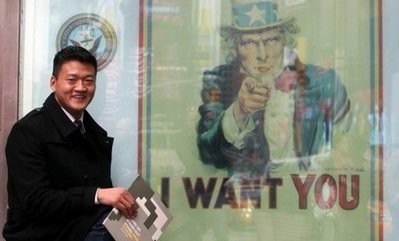
The Pentagon announced Tuesday that it was accepting openly gay recruits for the first time in US history, but it also warned that the "Don't Ask, Don't Tell" rules could be reinstated by the courts -- as happened Wednesday.
Consequently, gays are not exactly flocking to enlist.
"During this interim period of uncertainty, service members must not come out and recruits should use caution if choosing to sign up," said Servicemembers Legal Defense Network head Aubrey Sarvis, a US Army veteran.
"The bottom line: if you come out now, it can be used against you in the future by the Pentagon," Sarvis added in a statement.
But some activists have taken the plunge, including Army lieutenant Dan Choi, an Iraq veteran who came out on cable television program in March 2009 and is considered a poster child for the repeal of "Don't Ask, Don't Tell."
The 29-year-old graduate of the prestigious West Point military academy, who was discharged earlier this year for being gay, made a public event of his re-enlistment on Tuesday in New York.
Choi first tried to enlist at a US Marines recruiting station in midtown Manhattan, but after being told he was too old, filled out papers to re-enlist in the army.
"We're still in a war, and soldiers are needed," Choi said. "I have a newfound faith in our government that at least one branch is on the side of the Constitution, is on the side of the people."
Pentagon spokesman Colonel Dave Lapan acknowledged the "uncertainty" surrounding military recruitment and told reporters that those expelled under "Don't Ask, Don't Tell" would have to obtain a special waiver to re-enlist.
Opponents of the ban argue that it violates the rights of gay service members and has harmed national security by forcing out some 14,000 qualified troops.
Advocates, including the outgoing head of the US Marine Corps, say it ensures "unit cohesion" and that changing the law during wartime could prove disruptive.
If the ban is lifted for good, the American military would be following the example of other US allies, including Britain and Israel, which have reported no serious problems since allowing gays to serve openly in uniform.
Polls have shown a majority of Americans support ending the ban, but Republican lawmakers, including former presidential candidate John McCain, opposed the most recent attempt to change the rule.
